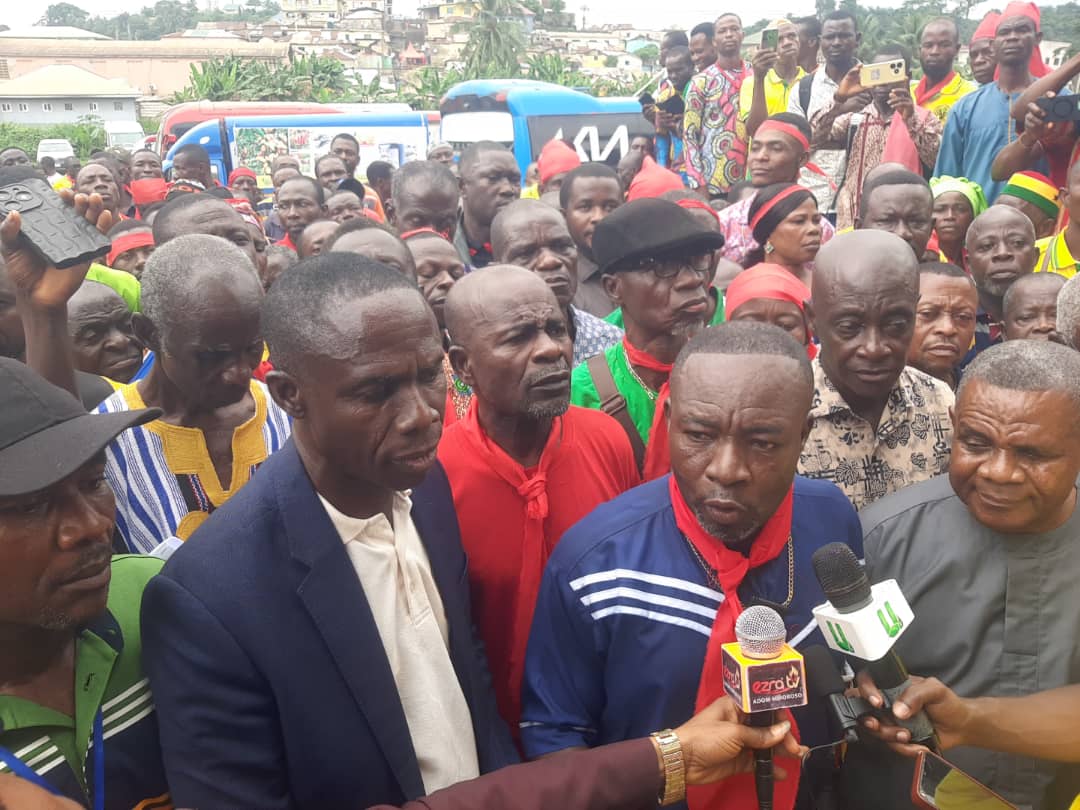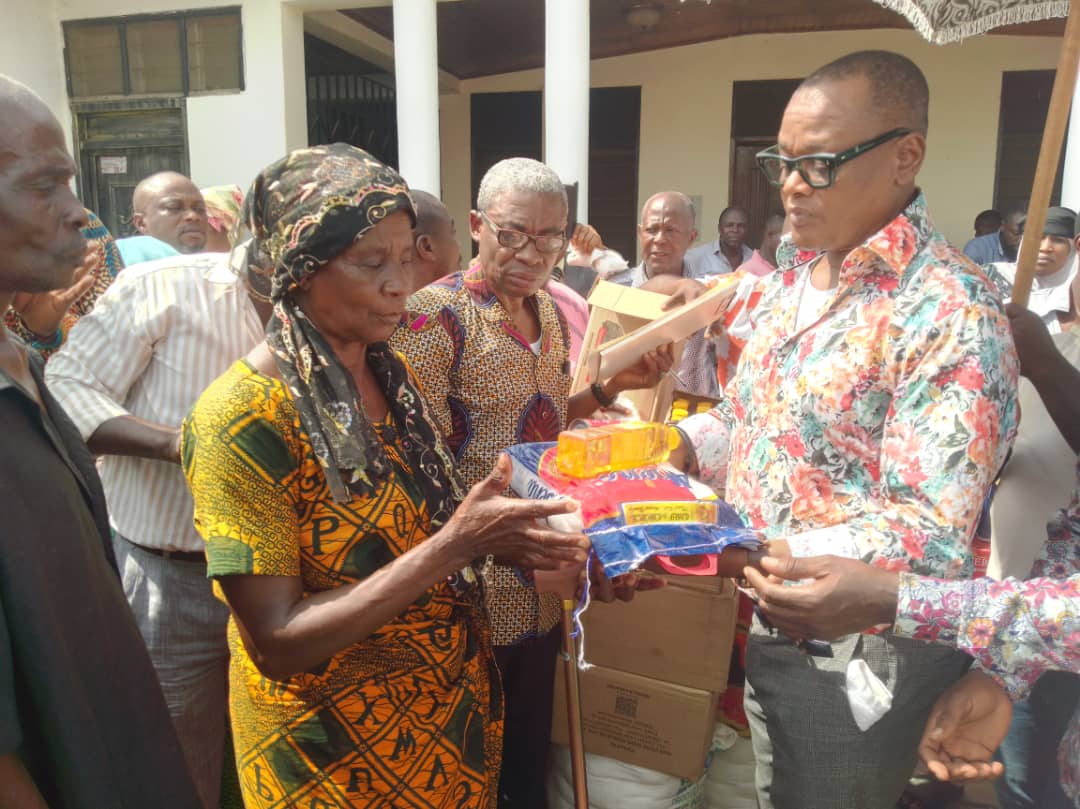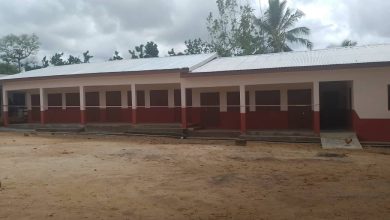Ghanaian Educators Trained to Embrace AI and EdTech for Transformative Classroom Impact
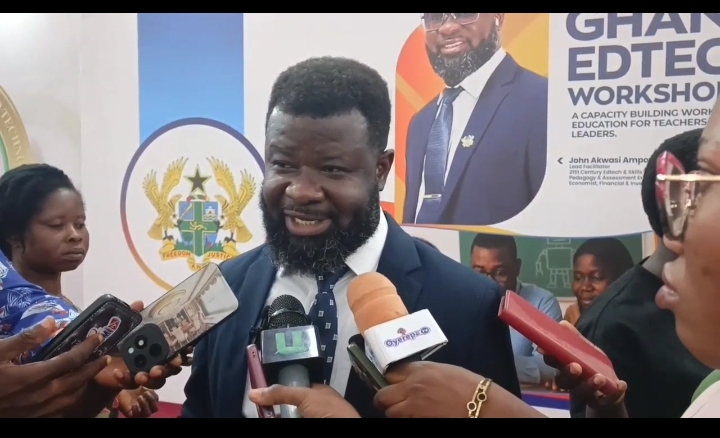
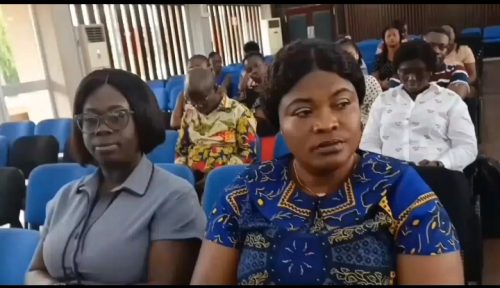
In a bold and forward-thinking move to modernize Ghana’s education system, teachers and school leaders have been empowered through a transformative capacity-building workshop focused on the integration of Artificial Intelligence (AI), digital tools, and innovative pedagogical models into classroom teaching.
Held under the theme: “Leveraging AI, Digital Tools, Instructional Materials, and Innovative Pedagogies and Assessment Models to Enhance Learning, Foster Skills Acquisition, and Improve Educational Outcomes,” the workshop brought together educators from across the Kumasi Metropolis. It was organized by Brilliant Education Consultant in collaboration with the Ghana Education Service (GES), Kumasi Metro Directorate.

The lead facilitator, Mr. John Akwasi Amponsah, an experienced EdTech consultant and education strategist, passionately called on stakeholders to embrace the power of technology in transforming traditional education delivery. According to him, the world is rapidly evolving, and for Ghana to remain competitive in the global knowledge economy, its educators must be equipped with the requisite tools and digital skills.
“We cannot afford to stick to chalk and talk. It is time we empower our teachers with 21st-century skills to prepare our learners for the digital future. AI and EdTech are not threats—they are tools that, when used effectively, can personalize learning, boost creativity, and make teaching more efficient and impactful,” Mr. Amponsah stated.

The training focused extensively on STEM (Science, Technology, Engineering, and Mathematics) education and how digital tools can be used to demystify difficult concepts. Educators were taken through practical sessions on how to use AI platforms for content creation, interactive learning, assessment, and learner engagement.
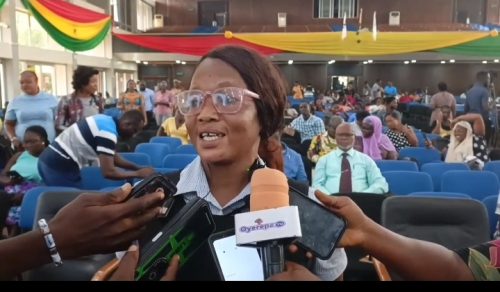
Participants also explored innovative instructional materials and assessment models designed to promote critical thinking, creativity, collaboration, and problem-solving among learners. The initiative aimed to foster a shift from teacher-centered to learner-centered instruction, promoting the holistic development of students.
Many participants expressed their appreciation to the organizers, describing the workshop as timely and enlightening. One of the attendees, Ms. Evelyn Boadu, a science teacher, remarked, “This training has opened our eyes to what is possible with technology in the classroom. I now feel more confident in using AI tools to make my lessons engaging and relevant.”
Another participant, Mr. Francis Osei, a headteacher from the Kumasi Metro, said the initiative had equipped them with new ways to support both teaching and administrative duties. “Beyond the classroom, we can use digital tools to enhance school management and track learner performance effectively.”
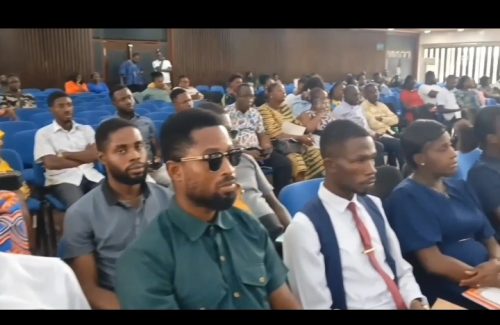
The organizers emphasized that this workshop is only the beginning of a broader campaign to integrate AI and technology into Ghana’s education system at all levels. Plans are underway to roll out similar training in other districts and regions across the country.
As Ghana positions itself to harness the full potential of digital transformation, empowering educators to lead the charge is a critical step. With a growing focus on innovation and skill acquisition, this initiative represents a beacon of hope for a more inclusive, relevant, and future-ready education system.
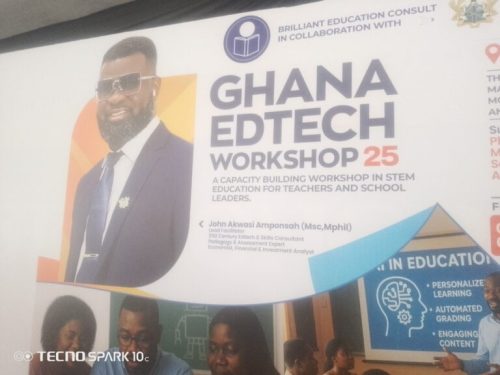
Indeed, the future of Ghanaian education looks bright. Through sustained investment in educator capacity and a bold embrace of technology, the nation is taking decisive steps toward building an empowered generation equipped to thrive in a digital world.

